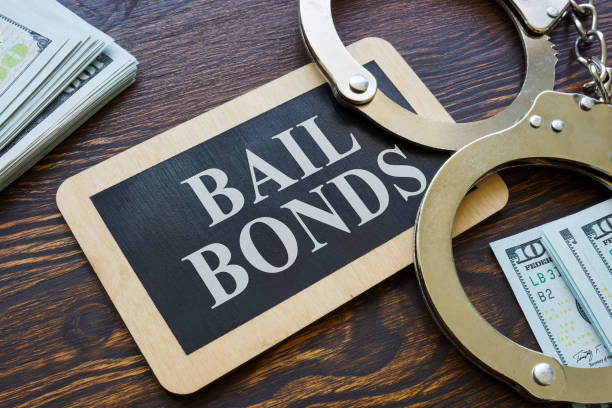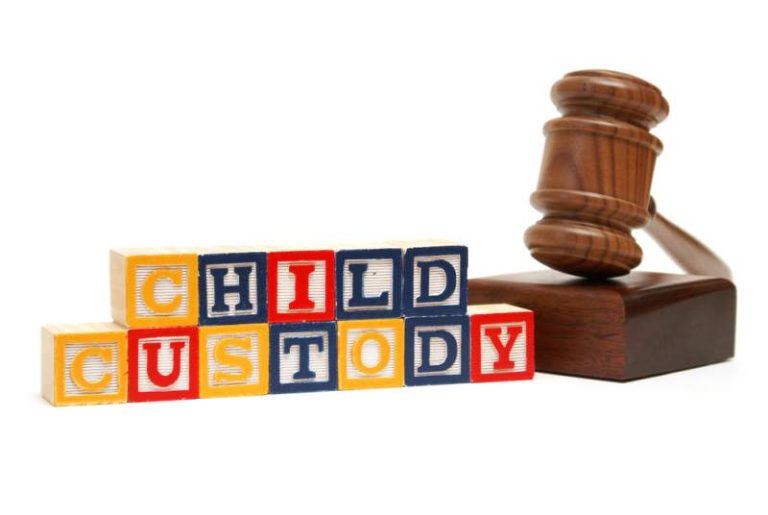Legal Considerations: Understanding Property Laws and Regulations in Tacoma
Tacoma, a bustling city in Washington State, offers a unique blend of urban living and scenic beauty. Whether you’re a homeowner, renter, or someone considering buying or selling property, navigating the legal landscape is crucial. This article explores key property laws and regulations you should be aware of in Tacoma.
Owning Property in Tacoma: Rights and Responsibilities
Property ownership in Tacoma comes with a bundle of rights and responsibilities. As a homeowner, you have the legal right to possess, use, and enjoy your property. This includes the right to live in your home, rent it out, make modifications, and sell it. However, these rights come with the responsibility to maintain your property according to city codes. Neglected properties can lead to fines and even city-mandated repairs at your expense.
Understanding zoning regulations is essential for property owners. Zoning dictates how land can be used within specific areas. Knowing your property’s zoning classification informs decisions about renovations, additions, and potential business ventures you might operate from your home. Zoning regulations also ensure a balance between residential and commercial areas, maintaining the character of neighborhoods.
Land Use and Development
Tacoma’s land-use policies play a significant role in shaping the city’s growth and development. These policies aim to strike a balance between individual property rights and the well-being of the community. The City Council enacts comprehensive plans that guide future development, considering factors like infrastructure needs, environmental protection, and economic development. These plans are further translated into zoning codes that regulate specific areas.
If you’re considering developing your property, it’s crucial to familiarize yourself with the city’s land-use permitting process. This process involves submitting detailed plans and obtaining necessary approvals from various departments. Adherence to these regulations ensures responsible development that aligns with the city’s vision and minimizes negative impacts on surrounding areas.
Landlord-Tenant Laws
Tacoma has established regulations governing the relationship between landlords and tenants. These laws protect the rights of both parties, ensuring fair treatment and preventing disputes. As a landlord, you have the right to collect rent on time, screen tenants, and evict those who violate the lease agreement. However, you also have responsibilities, such as maintaining the property in a habitable condition, providing essential services, and complying with fair housing laws.
Tenants, on the other hand, have the right to a safe and habitable living environment, security of tenure (protection from eviction without cause), and adherence to the terms outlined in the lease agreement. They also have the right to withhold rent if the landlord fails to meet their obligations regarding repairs and maintenance. Understanding these rights and responsibilities promotes a harmonious relationship between landlords and tenants.
Property Disclosure Laws
If you’re selling your house in Tacoma, Washington State’s Seller Disclosure Law requires you to disclose any material defects you’re aware of in the property. This includes structural issues, past repairs, environmental hazards, and any homeowner association restrictions. Providing accurate disclosures protects both the seller and the buyer from potential legal disputes down the road.
When selling a property, it’s advisable to consult with a real estate agent who can guide you through the disclosure process and ensure compliance with all legal requirements. For more details, you can visit (https://highestoffer.com/washington/pierce-county/we-buy-tacoma-wa-houses/ )
Environmental Regulations
Environmental regulations play a crucial role in protecting Tacoma’s natural resources and ensuring a healthy living environment. These regulations may apply to property development, landscaping practices, and disposal of hazardous materials. Knowing these regulations is important if you’re planning renovations, additions, or demolishing existing structures.
Additionally, Tacoma adheres to federal regulations regarding wetlands protection and endangered species. If your property falls within these categories, specific restrictions and permitting procedures may be in place. Consulting with the city’s planning department or environmental agencies can help you determine if your property is subject to any environmental regulations.
Homeowner and Property Owner Associations (HOAs)
Many neighborhoods in Tacoma have established homeowner or property owner associations (HOAs). HOAs are organizations that manage common areas and enforce restrictions within a community. These restrictions may pertain to architectural styles, landscaping practices, parking regulations, and pet ownership.
When buying property within an HOA-governed community, it’s essential to carefully review the association’s Covenants, Conditions, and Restrictions (CC&Rs). These documents outline the HOA’s rules and regulations that govern property use and maintenance. Understanding these restrictions helps you make informed decisions about potential modifications and ensures compliance with the community’s standards.
By familiarizing yourself with these legal considerations, you can navigate property ownership and development in Tacoma with confidence. Remember, consulting with a qualified real estate attorney is always advisable to ensure compliance with local laws and regulations. An attorney can provide personalized guidance, helping you avoid potential pitfalls and make informed decisions. Whether you’re buying, selling, renting, or developing property, understanding and adhering to Tacoma’s property laws and regulations will contribute to a smoother and more successful real estate experience.






